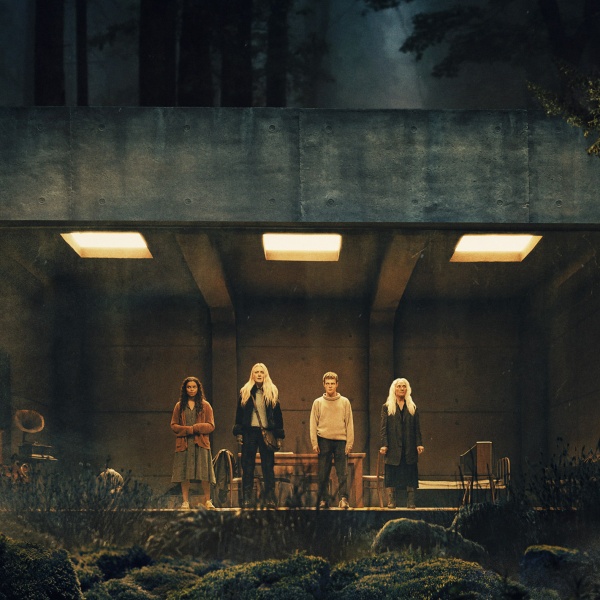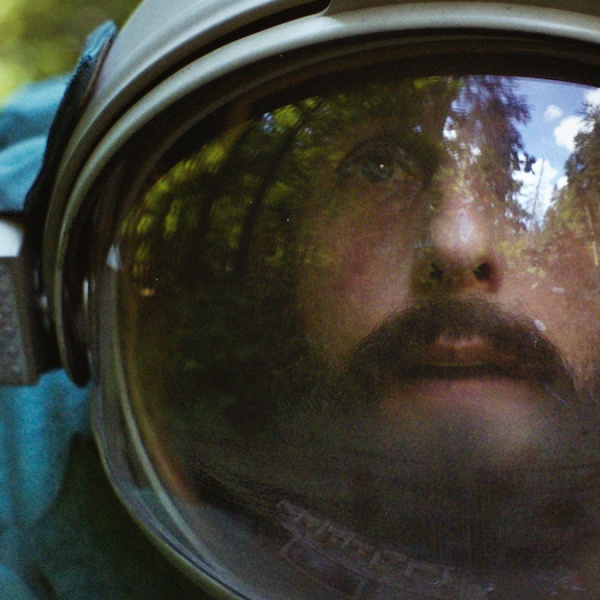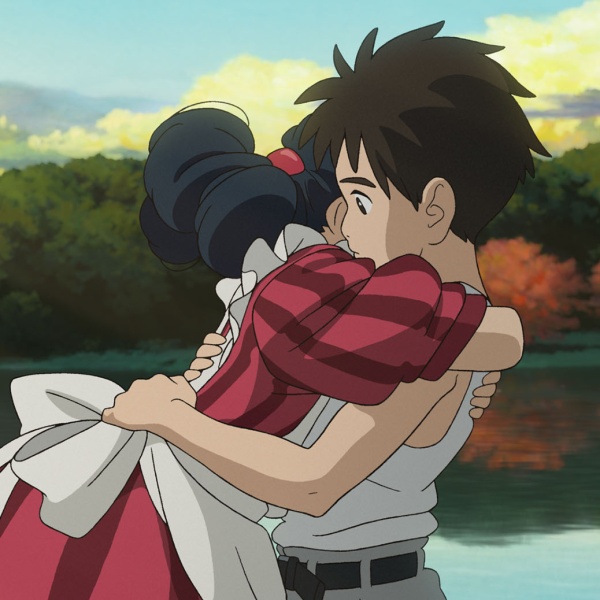Natalie Portman is thankful that the state of cinema is shifting among younger viewers.
While auteurs are split between lamenting the golden years of Hollywood and celebrating reaching new audiences by way of streaming, Oscar-winning actress/producer Portman is reflecting on how her own stardom has shifted due to the latest forms of entertainment.
“The striking thing has been the decline of film as a primary form of entertainment. It feels much more niche now,” Portman told Vanity Fair. “If you ask someone my kids’ age about movie stars, they don’t know anyone compared to YouTube stars, or whatever.”
The “May December” actress and former child star continued, “There’s a liberation to it, in having your art not be a popular art. You can really explore what’s interesting to you. It becomes much more about passion than about commerce. And interesting, too, to beware of it becoming something elitist. I think all of these art forms, when they become less popularized, you have to start being like, OK, who are we making this for anymore?”
Portman, whose career has spanned from indies like “Garden State” to blockbusters like “Star Wars” and the “Thor” franchise, called the current state of Hollywood a “two-sided coin” in terms of its visibility for stars and stories being told.
“[It’s] amazing, too, because there’s also been this democratization of creativity, where gatekeepers have been demoted and everyone can make things and incredible talents come up,” she said. “And the accessibility is incredible. If you lived in a small town, you might not have been able to access great art cinema when I was growing up. Now it feels like if you’ve got an internet connection, you can get access to anything. It’s pretty wild that you also feel like at the same time, more people than ever might see your weird art film because of his extraordinary access. So it’s this two-sided coin.”
Portman further addressed the responsibility of art and the balance of not wading too deep into characters. There’s no Method acting for the “Closer” star, who previously said the practice is inherently gendered and that actresses do not have the “luxury” to fully disappear into roles.
“I think in the story, of course, it also asks what the consequences are if you get too into character and start doing things that are ethically wrong,” Portman said to Vanity Fair. “Like [‘May December’ character] Elizabeth says, the most interesting characters to play are the bad ones. You think about Medea or Tony Soprano or any number of the serial killers that have been depicted, and you think, OK, how do you get in Method acting to be a serial killer? It doesn’t seem highly practical unless you’re going to be playing a lot of saints — or unless you’re comfortable committing crimes.”
She continued, “We always are like, ‘Yes, we don’t judge our characters, we just want to explore the human heart. That’s what art is.’ And I do believe that’s what we do, but then it’s also clear that art and entertainment influence people. What is the effect of showing a glamorous depiction of drugs, for example? It does feel like there’s an ethical responsibility. Or, of course, violence in films, or the way that it’s been very well-documented how smoking on film affects people. There’s so much clear information that what we show onscreen affects people’s behavior. What do you do with that, when you do believe that art should be free to explore every aspect of humanity? And then, of course, the question that we were talking about earlier of how it can actually affect real people that you’re portraying and the ethical responsibility of that. Again, no answers and really great, important questions.”







